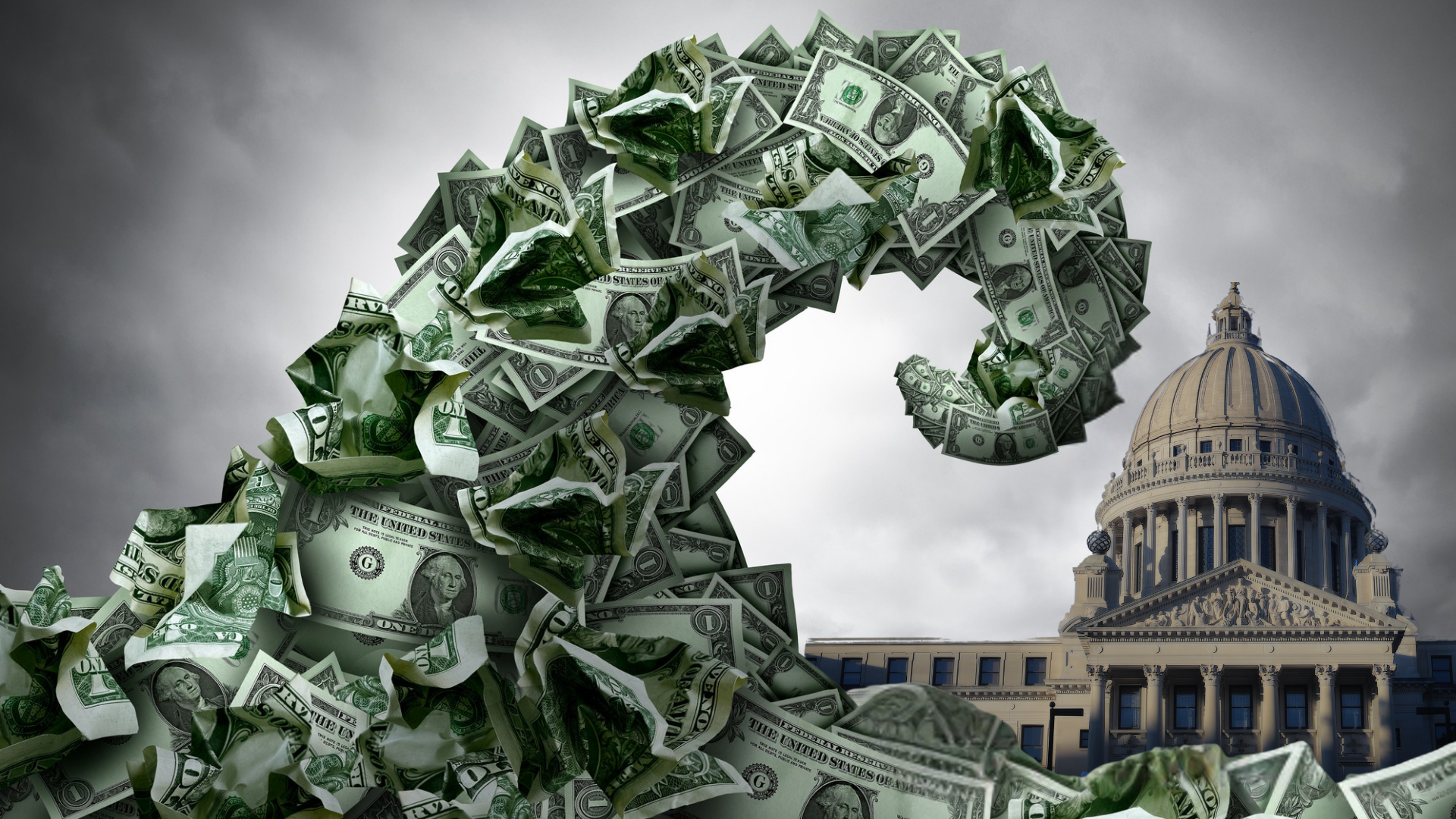All the briefs have been filed for the I-1929 capital gains income tax repeal ballot title challenge. Interestingly, the Attorney General is now proposing a new alternative ballot title removing the prior usage of “excise tax.” The Attorney General now says “7% tax on annual capital gains” while the I-1929 campaign wants “7% tax on individuals with annual capital gains income.” As noted by the Tri-City Herald, this phrasing matters (beyond the fact that an Inslee appointed judge recently ruled a capital gains tax is an income tax, not an excise tax): In an editorial this past Sunday the Tri-City Herald wrote:
“Washington citizens have a long history of voting down efforts to impose a statewide income tax — and that explains why the dispute over the title and description of Initiative 1929 is such a big deal. Framing is everything . . . Ever since SB 5096 was approved largely along party-lines last year, obstacles have popped up to prevent citizens from weighing in on this important tax measure. Those lawmakers who are sure a capital gains tax is right for Washington state should focus on making their case — not thwarting a public vote.”
Also of note about the I-1929 ballot title litigation, a second ballot title challenge has been filed by proponents of the capital gains income tax. They want to add language to the ballot title about the funds being “dedicated” for education. For anyone accustomed to reading the state budget, however, claims of “dedicated” funding are laughable.
Unless a revenue stream is constitutionally protected (like the gas tax), there is no such thing as “dedicated” revenue. Each year the legislature raids dozens of “dedicated” accounts via provisos (not standalone bills) in the back of the budgets. Here are a few recent examples (including from “dedicated” education accounts):
- 2022: SB 5974 (Sec 302) – Public Works Trust Account raid
- 2022: SB 5693 (Sec 804) – Various account fund transfers
- 2019-21: “…the enacted budget made transfers of $35 million in the 2019 Supplemental and $209 million in the 2019-21 Biennium. The largest transfer was $160 million from the Public Works Assistance Account to the Education Legacy Trust Account.”
- 2017-19: “Fund transfers assumed to take place during the 2017-19 biennium include: • $254 million from the Public Works Assistance Account; • $42 million from the Disaster Account; • $32 million in total from various accounts (including Aerospace Training Student Loan, Child and Family Reinvestment, Treasurer's Service, Criminal Justice Treatment, Death Investigations, and New Motor Vehicle)”
- 2015-17: “Fund transfers assumed to take place during the 2015-17 biennium include: • $73 million from the Public Works Assistance Account; • $62 million related to the Life Sciences Discovery Fund; • $42 million in total from various accounts (including Treasurer's Service, Criminal Justice Treatment, Flood Control, Liquor Revolving, and Energy Freedom accounts)”
- 2013-15: “The budget assumes approximately $520 million in transfers (or redirection of existing revenue) from various dedicated funds to the Near General Fund-State. Some of the changes are for the 2013-15 biennium only, others extend several years into the future, while still others are permanent. The largest transfers relate to the Public Extend Suspension of I‐732… $140 Other Fund Transfers and Revenue Redirection . . .Works Assistance Account and total $355 million. Additionally, the budget makes $165 million in other fund transfers, including $34 million from the Life Science Discovery Fund, $25 million from a 50 percent reduction in the amount of liquor excise tax distributed to local governments, and $22 million from the State Treasurer's Service Account.”
- 2011-13: “Some of the largest transfers include: (1) $204 million from suspending the transfer to the Education Construction Account for the 2011-13 biennium; (2) $85 million from the Liquor Revolving Account (implicitly assuming continuation of a previous markup on distilled spirits); (3) $50 million from the Public Works Assistance Account; (4) $45 million from the Education Savings Account; (5) $25 million from the Treasurer’s Service Account; and (6) $10 million from a 3.4 percent reduction to various distributions to local governments.”
- 2009-11: “ESHB 1694 and ESHB 1244 made a variety of transfers from a variety of funds to increase General Fund-State reserves. Some of the largest transfers include: $62 million from the Liquor Revolving Fund; $51 million from the Education Savings Account; $29 million from the Performance Audit Fund; $26 million from the Life Science Discovery Fund; $22 million from the Convention Center Account; $31 million from the Treasury Service Account; $20 million from the Tobacco Prevention and Control Account; and $10 million from the Judicial Information Systems Account.”
The ongoing budget practice of raiding “dedicated” accounts aside, from a policy perspective, the extreme volatility of capital gains income taxes makes them a poor funding source for education funding. In fact, Washington’s Department of Revenue warned in 2012:
“Capital gains are extremely volatile from year to year. Revenue from this proposal will depend entirely on fluctuations in the financial markets and can be expected to vary greatly from the amounts presented here.”
On that point, the state’s November 2021 Revenue Forecast already reduced expected revenue from the capital gains income tax due to folks changing behavior and investment outlook:
“The final total of Education Legacy Trust Account (ELTA) revenue for the 2019-21 biennium was unchanged at $1.639 billion. The forecast was decreased by $179 million in the 2021-23 biennium and $44 million in the 2023-25 biennium, due to decreases in forecasted capital gains taxes.”
Here are a couple of examples of that recent changing taxpayer behavior (here and here).
As noted by Sen. Claire Wilson last October, education programs will be funded regardless of what happens with the capital gains income tax:
"Wilson said in an email that the Fair Start funding 'is not contingent on the capital gains tax revenue being collected, and it will be funded regardless of what the courts decide.’”
Standard and Poor’s (S&P) April 15 credit rating for Washington also showed little concern about the budget impact of repealing the capital gains income tax:
“…we believe the impact of a repeal of the capital gains tax is minimal, at 0.8% of projected near general fund revenues in each of fiscal 2023, fiscal 2024, and fiscal 2025.”
S&P went on to say that a credit rating strength for Washington is:
"Sales tax-based revenue structure, which has demonstrated less sensitivity to economic cycles than income tax-reliant states…"
The I-1929 ballot title court hearing is this Thursday (4/28) at 2:30 p.m. in Thurston County Superior Court.
Additional Information
I-1929 campaign challenges AG’s ‘misleading’ ballot title and summary






